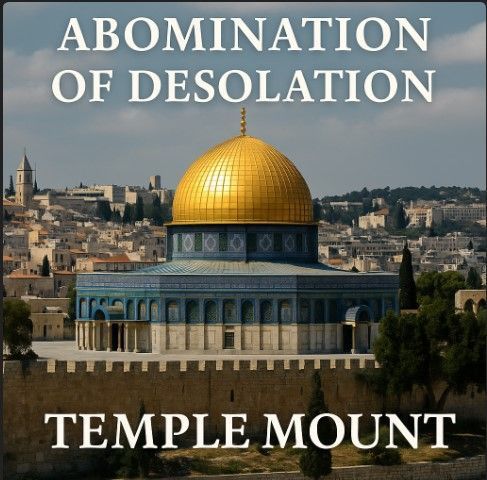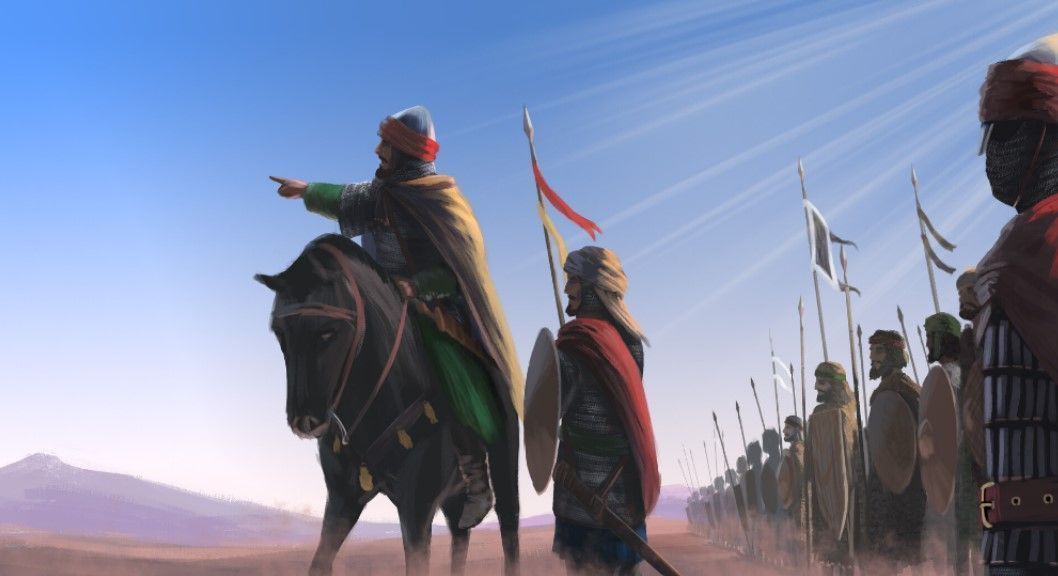1. 🚫 Direct Mentions? No—but...
The Bible does not mention “Islam” or “Muslims” by name—the religion emerged centuries after its completion. However, various interpretations propose that certain scriptures, particularly prophetic or symbolic passages, may foretell or refer to the rise of Islam.
2. 🏹 Ishmael & Arab Lineage
-
Genesis 16:11–12 hearkens to Ishmael, whose descendants are traditionally associated with Arab peoples. The passage says Ishmael will be “a wild man” living in hostility with neighbors—not a mention of Islam directly, but a people-group context often cited in interpretative traditions.
3. 🔔 Deuteronomy 18:18 – Prophet Like Moses?
-
Some Muslim theologians view this verse—“I will raise up a prophet like you [Moses]” from among “your brethren”—as pointing to Muhammad christiansermonsandmusicvideos.comCatholic Answers.
-
However, mainstream Christian scholars, including from Catholic Answers, assert the reference is to Jesus or a prophet within Israel Catholic Answers.
4. 📖 Revelation 9 – The Locust Army
-
Historicist Christian interpreters often identify the fifth trumpet locusts and their scorpion-tails as symbolic of Islamic conquests—notably the rapid Arab expansion into Byzantine and Persian territories Pinterest+15whitehorsemedia.com+15puritandownloads.com+15.
-
The locusts being given “power to torment…for five months” has been historically viewed as metaphorical of Islamic military campaigns waitarachurch.org.au+1whitehorsemedia.com+1.
5. 🕊️ Allegorical & Typological Links
-
In Galatians 4:22–31, Paul uses Hagar (Ishmael) and Sarah (Isaac) to contrast law vs. grace. Some draw typological parallels to Islamic legalism vs. Christian freedom, though this is allegorical and not naming Islam.
6. 🧭 Interpretive Approaches at a Glance
| Approach | Refers to Islam? | Example |
|---|---|---|
| Literal | ❌ No | Not named directly |
| Typological | ⚠️ Possibly | Hagar/Ishmael symbolism |
| Historicist prophecy | ✅ Interprets Revelation jungling as Islamic rise | |
| Futurist prophecy | ✅ Conditional | Islam as potential end-time power |
7. 🤔 Summary Reflection
-
There are NO explicit references to Islam in the Biblical canon due to historical timing.
-
Interpretations are symbolic, typological, or prophetic, and not universally accepted among scholars.
-
Applications often reflect theological frameworks—historicist, futurist, or Islamic apologetic traditions.
8. 🔍 Want to Dive Further?
-
Analysis of Deuteronomy 18: Christian vs. Islamic interpretations.
-
Detailed study of Revelation 9: Historicist vs. futurist views and historical timelines jstor.orgwhitehorsemedia.com+2ADvindicate+2pdfcoffee.com+2Wikipedia+4ifl.web.baylor.edu+4Catholic Answers+4Catholic Answers+1Wikipedia+1ministrymagazine.org+3Academia+3whitehorsemedia.com+3.
-
Comparative chart: Quranic vs. Biblical prophecy claims about Muhammad (e.g., Paraclete, Isaiah).
Final Word
The Bible doesn’t name “Islam”, but many scholars and theologians read into prophecies symbolic echoes of its rise. Whether one accepts these links depends largely on interpretive tradition and theological lens. However, in Daniel it does mention the Abomination that Causes Desolation on the Temple mount and we all know who is there. ;-)

Daniel Chapter 9 Verse 27 Abomination Of Desolation
And he shall confirm the covenant with many for one week: and in the midst of the week he shall cause the sacrifice and the oblation to cease, and for the overspreading of abominations he shall make it desolate, even until the consummation, and that deter
Visit